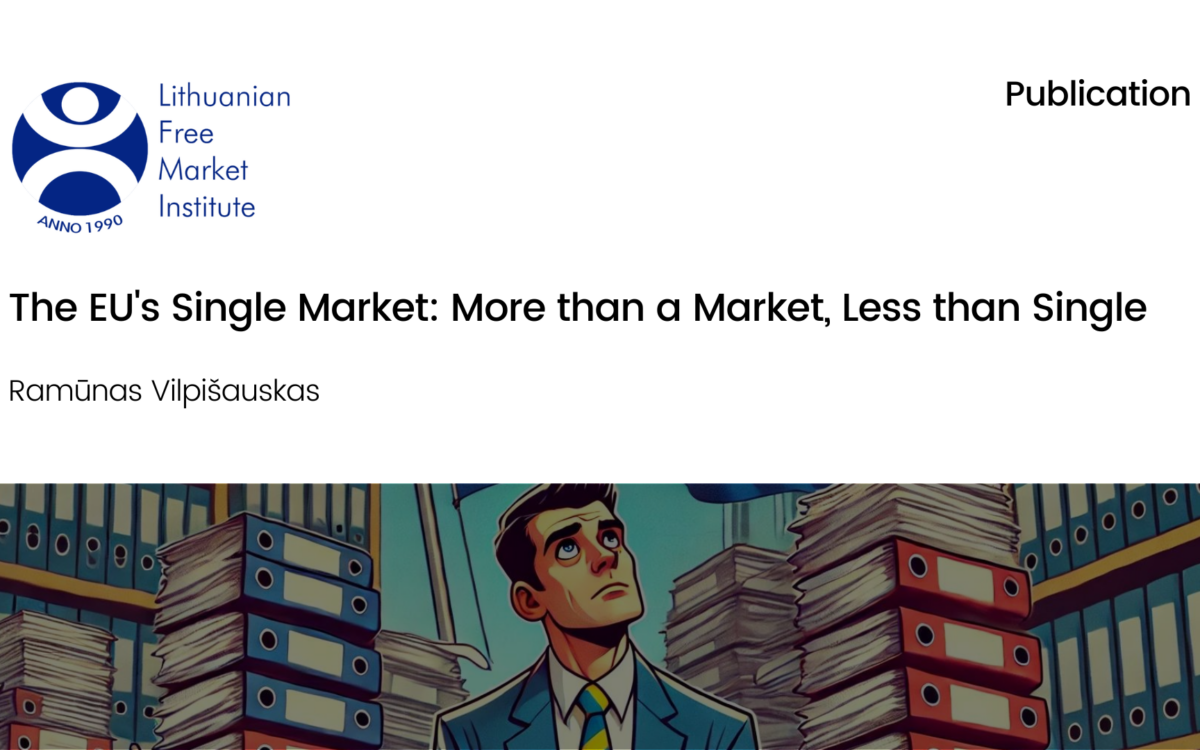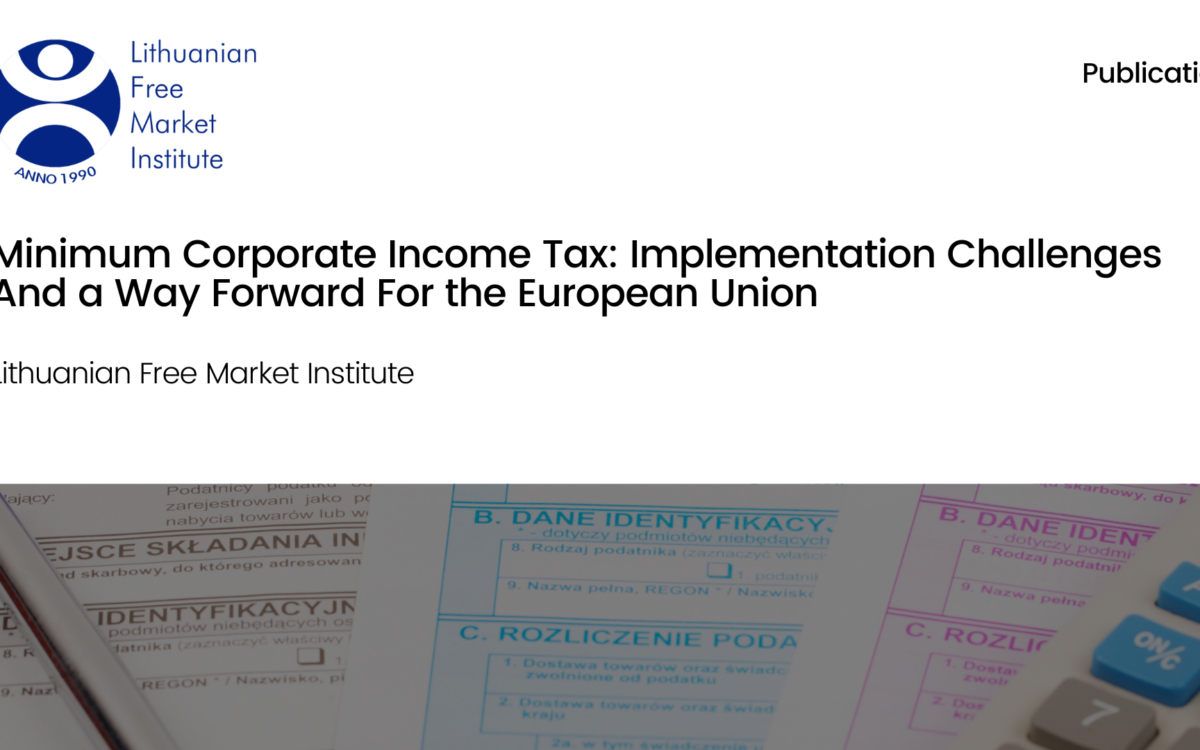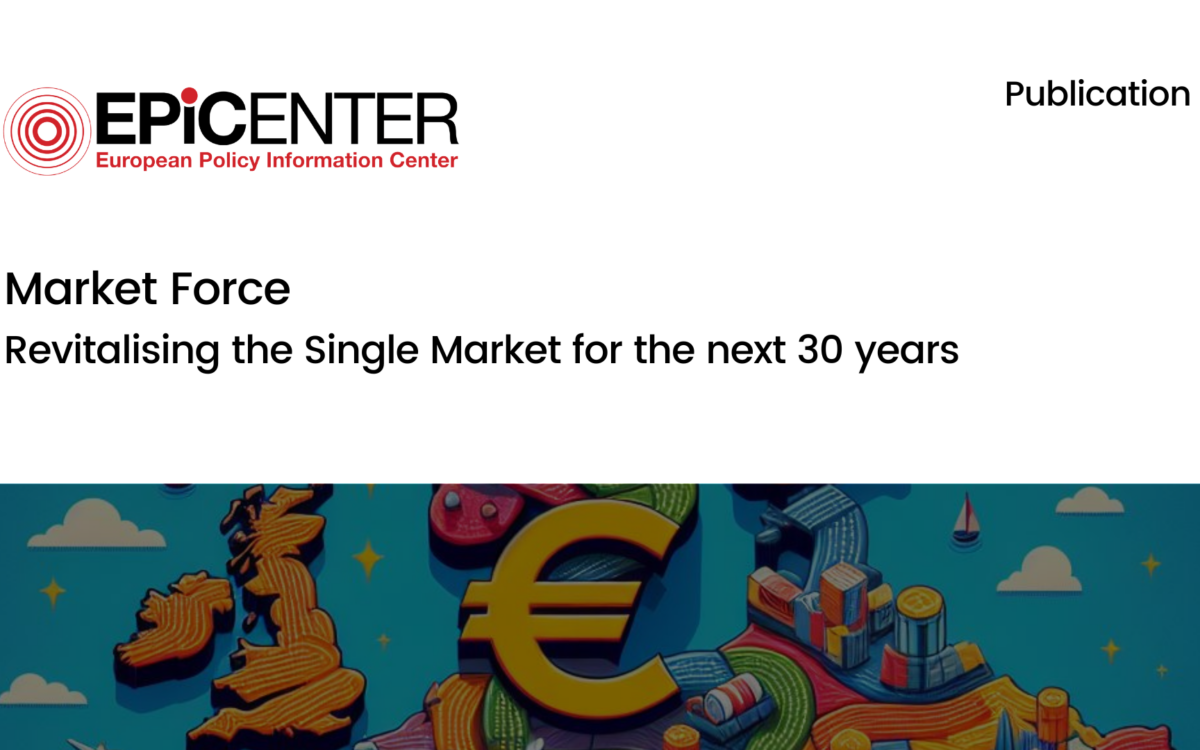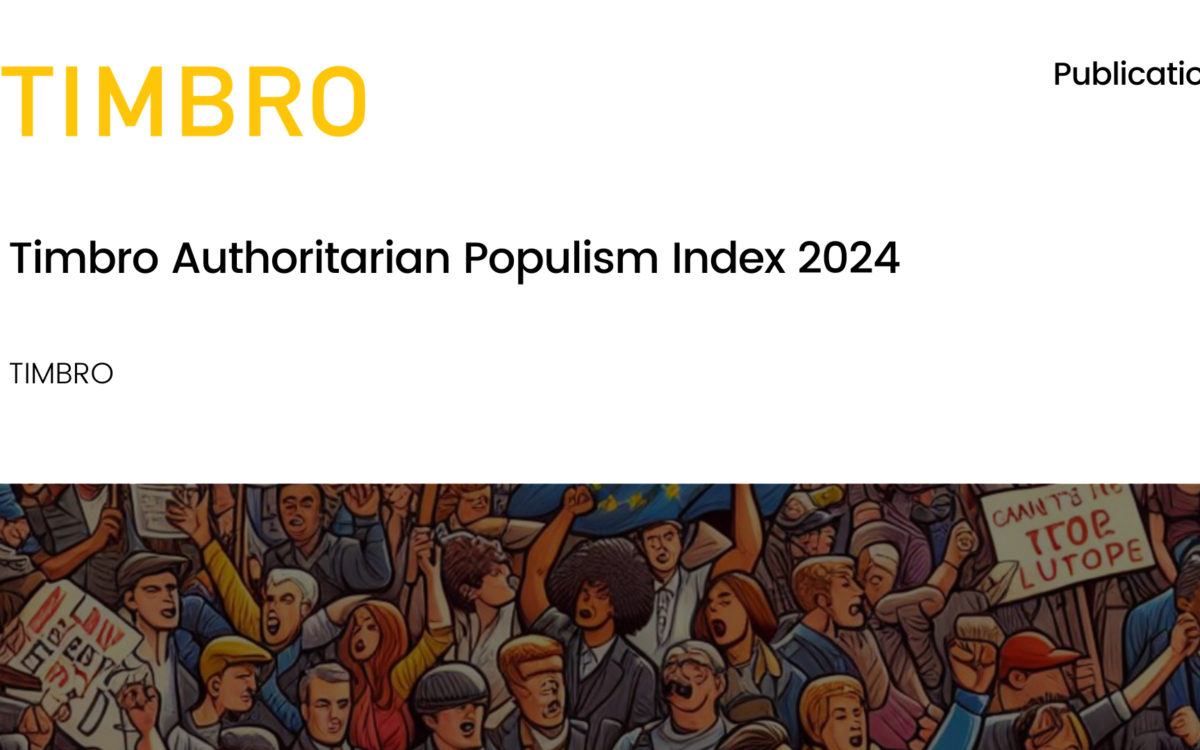Ploughing the Wrong Furrow

Ploughing the Wrong Furrow
24 October 2016
The precautionary principle provides non-farming interest groups with a pseudo-official means of influencing policy. The result is a drift towards overregulation and regulatory failures which are in conflict with the efficient working of the single market.
It is unlikely that the benefits of the current regulatory burden outweigh the costs. The EU’s precautionary approach discourages the development of technologies with even a low, theoretical probability of harm despite offering the likelihood of faster agricultural productivity growth. Attempts by authorities to demonstrate the positive net benefits of mandatory regulations are flawed because they do not take in the adverse effects for longer term technological advance and farm level operational efficiencies. The costs in terms of efficiency, competitiveness and living standards are likely to be high.
Download or share this publication
View the PDF
EPICENTER publications and contributions from our member think tanks are designed to promote the discussion of economic issues and the role of markets in solving economic and social problems. As with all EPICENTER publications, the views expressed here are those of the author and not EPICENTER or its member think tanks (which have no corporate view).



